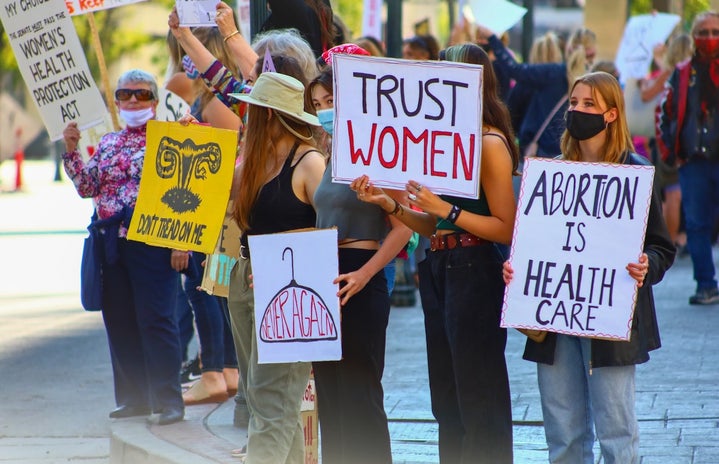You ask any male figure around you to share his views on what an ‘ideal woman’ looks like to them, and he would hand over a checklist to you, comprising of unachievable and majorly unrealistic guidelines he expects a woman to adhere to. I do not think it is entirely their fault when I take into consideration the patriarchal society that we all have been equally subjected to, but what I find most appalling is how every individual, regardless of age or gender, seems to carry an instruction manual on how a woman is supposed to live her life. Motherhood is synonymous with womanhood in our society.
“Who is she if not a mother? How evil does she have to be to choose not to bear a child?“
– our extended family, possibly
Why is everyone’s opinion taken into consideration except for the woman herself?
Conversations around abortion and choosing to be child-free are fairly new with respect to the Indian demographic. We often find the identity of an Indian woman rooted deeply in her family dynamics. She is either a good daughter, a decent sister, a submitting wife, or an incredible mother.
But who is she if not for the people she is associated with?
This is the rule book I am talking about, that every woman is gifted with as a little girl.
When it comes to terminating a pregnancy, what people usually conclude is that abortion is an excuse for being a careless, irresponsible woman who is concerned only about herself and not the baby, the man involved, or the society around her.
“Abortions are a band-aid to hide a woman’s promiscuous behavior”, I read someone say in the comment section of a social media post of an Indian American woman who shared her experience with terminating an unwanted pregnancy and how it impacted her mental health. Something that stayed with me past that point is how easy it is for a woman’s struggle to go unnoticed despite her explicitly stating her dire need for help and attention simply because she chooses her body and well-being over someone else’s.
Abortion is not the same as murder and perhaps, people would have had a better understanding if they tried a little more to educate themselves on the medical explanation around it. Apart from the most controversial debate around it, abortion is also a medium for autonomy. Pregnancies are not a result of only consensual sexual encounters. Women, regardless of their age are vulnerable to sexual assault which can result in pregnancy.
Choosing to terminate something as profound as pregnancy is harder on the woman who willfully decides to. There is physical and emotional turmoil that she has to undergo to save herself and sometimes save the child from the pain of living an unfulfilling life. People go for abortion if there is early detection of genetic abnormalities or when the baby has slim chances of survival post-birth.
She is answerable to none but an incapacity to rear a child because of her health, lack of readiness to be a caregiver, financial instability, or age. Simply that it’s her choice to live child-free should be enough for the people around her to respect her judgment and not dictate on how she should be living her life. A woman gives birth to life, but that is not all she is capable of doing. There is more to a woman than motherhood, she is a human first. I have always believed in the ideology, if you cannot be a good parent, do not be a parent at all.


